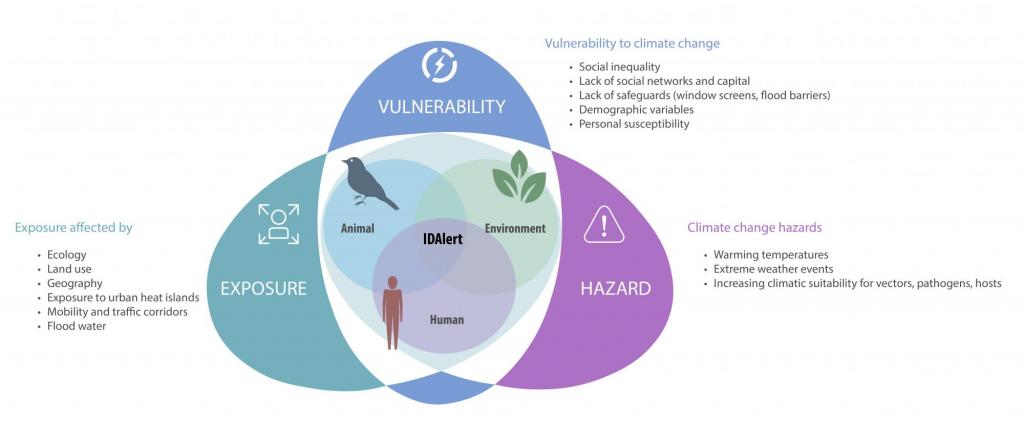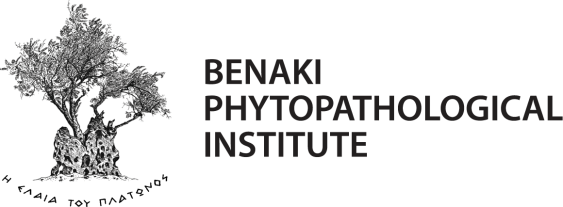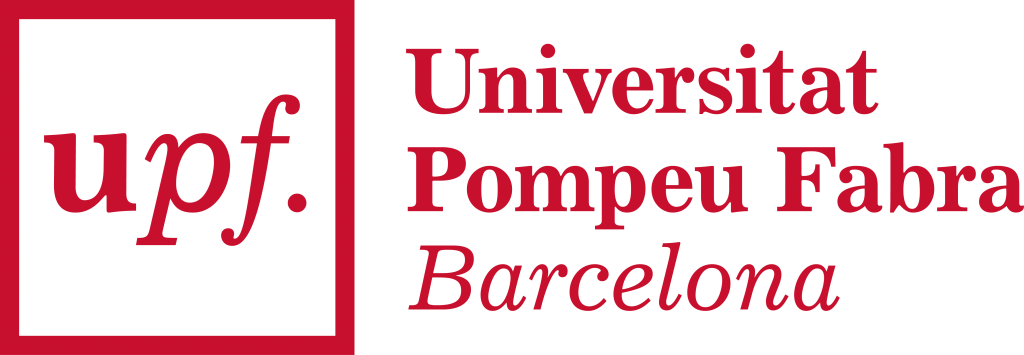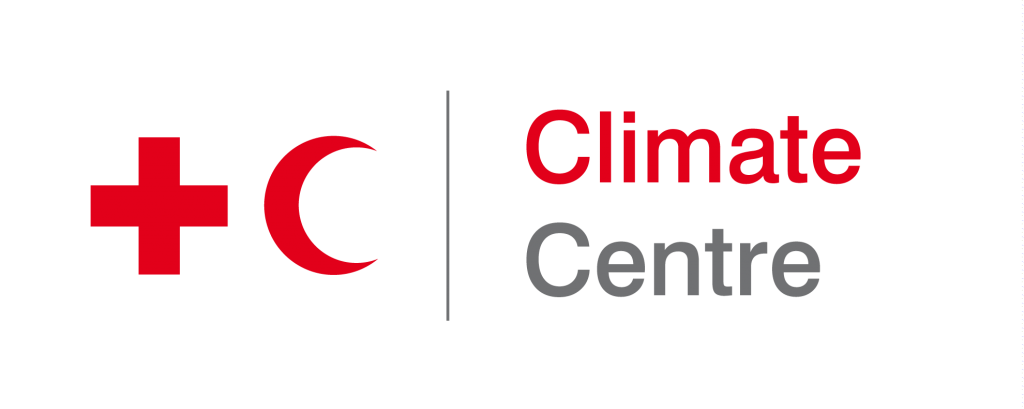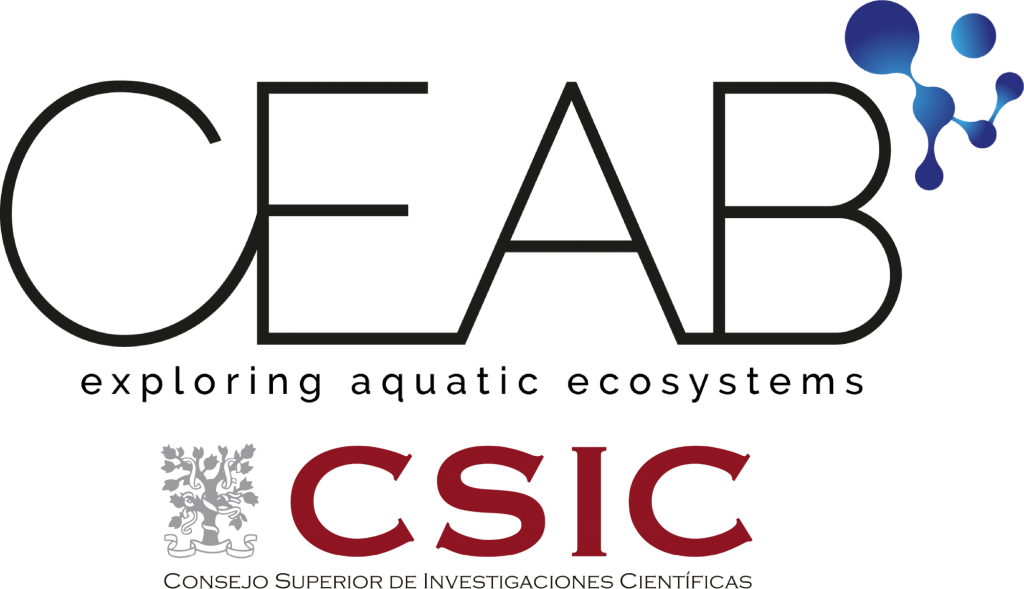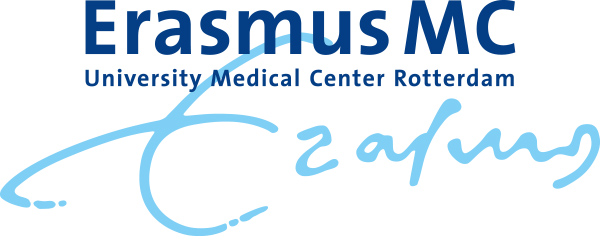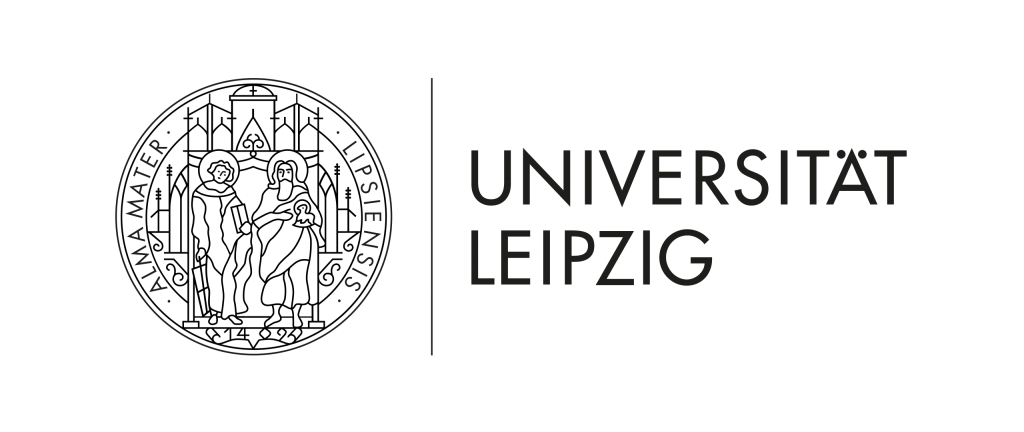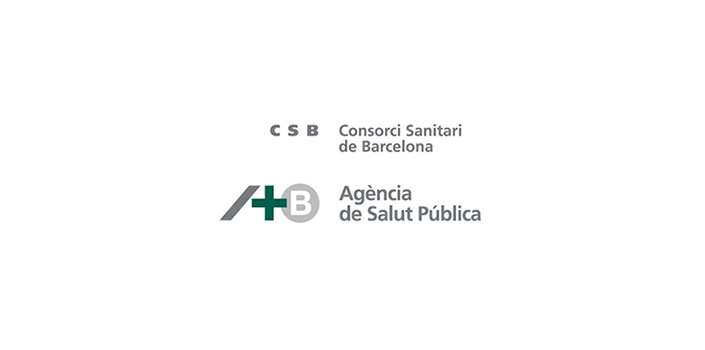IDAlert – Infectious Disease decision-support tools and Alert systems to build climate Resilience to emerging health Threats
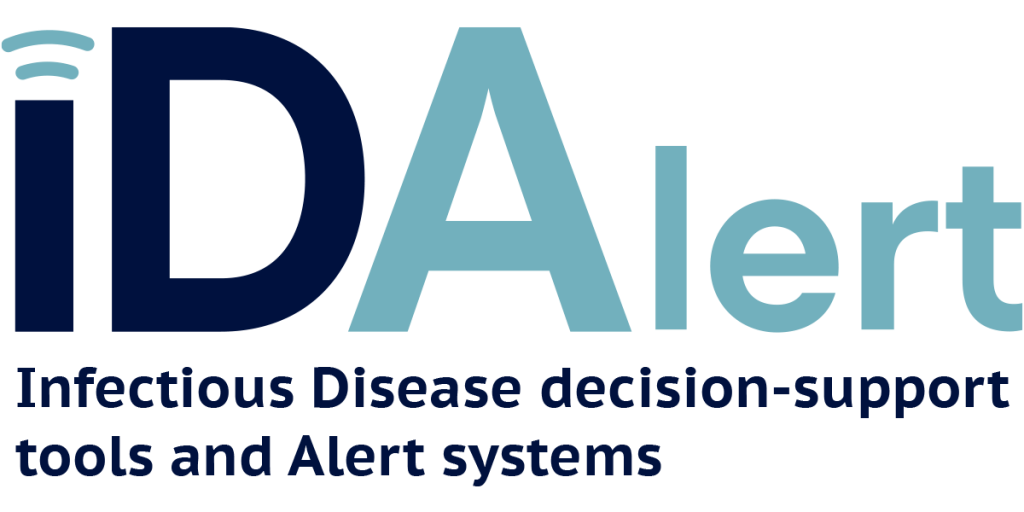
Project founded by:

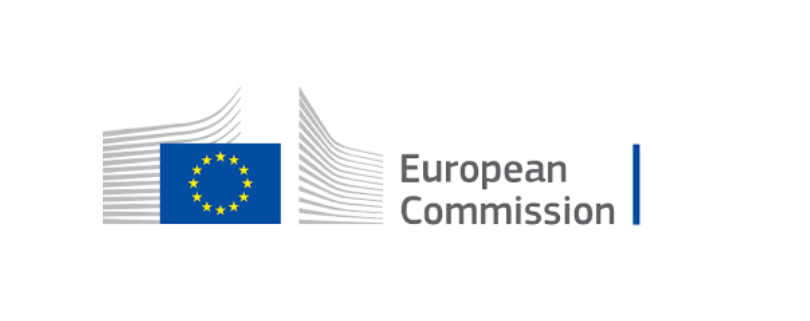
Coordinator: Joacim Rocklöv, Umeå University (Sweden) & Heidelberg University (Germany)
Supported by: European Union’s Horizon Europe programme under Grant Agreement 101057554
Duration: 2022-2027
IDAlert partners: Umeå Universitet, University College London, Benaki Phytopathological Institute, Universidad Autónoma de Barcelona, Irideon SI, Universidad Pompeu Fabra, Helmholtz-Zentrum hereon Gmbh, Universitatsklinikum Heidelberg, Fondazione Centro Euro-Mediterraneo sui Cambiamenti Climatici, London School of Economics and Political Science, Stichting International Red Cross Red Crescent Centre on Climate Change and Disaster Preparedness, Erasmus Universitair Medisch Centrum Rotterdam, Agencia Estatal Consejo Superior de Investigaciones Científicas, Barcelona Supercomputing Centre – Centro Nacional de Supercompuatación, Univertaet Leipzig, Three O’clock, Statens Veterinaermedicinska Anstalt, International Centre for Diarrhoeal Disease Research Bangladesh, Agencia de Salut Pública de Barcelona
Project website: https://idalertproject.eu
Explanation of the project
Objetives:
IDAlert aims to tackle the emergence and transmission of zoonotic pathogens by developing novel indicators, innovative early warning systems and efficient tools for decision-makers, and by evaluating adaptation and mitigation strategies to build a Europe more resilient to emerging health threats.
Emergence and transmission of pathogens is an increasing problem fuelled by anthropogenic climate change, travel and tourism, trade, but also by antimicrobial resistance, food safety, and societal and environmental transformations. This challenges requieres a new paradigm in which animal, human, and environmental change interactions are addressed from an EcoHealth and One Health systems perspective. IDAlert aspires to integrate climate change, EcoHealth and One Health perspectives to tackle the emergence and transmission of pathogens and spread of zoonotic pathogens.
The project aims to contribute to (1) the development of innovative indicators and monitoring mechanisms to assess the health-relevant outcomes of climate policies and actions; (2) the development of predictive models and early warning systems for exposure and health impacts of climate change based on transparent assumptions and architecture; (3) the development of tools for health impact and cost-benefit assessment of climate-change adaptation and mitigation measures; (4) the investigation of health co-benefits and unintended consequences of climate adaptation and mitigation policies; (5) the demonstration of the validity of tools and methods in policy-relevant case studios; (6) the determination of the societal implications of climate change on health systems, including occupational health, and development of adaptation measures; (7) the development of training materials and guidelines to educate relevant actors in citizens’ daily life on climate change health impacts and to facilitate adaptation of health systems and practices; and (8) the delivery of FAIR data on positive and negative health impacts of climate change, including impact on groups at higher risk or vulnerability.
IDAlert aspires to integrate climate change, EcoHealth and One Health perspectives to tackle the emergence and transmission of pathogens
IDAlert will combine citizen science, digital surveys and mobile phone-geopositioning, automated smart traps, rapid response molecular biology filed tools, and artificial intelligence to augment traditional surveillance methods. Citizen scientist will actively participate in mosquito data collection through the Mosquito Alert app. Involvement of citizens and citizen scientist will generate detailed data on the presence and population sizes of animal reservoir hosts, which may play an important role in disease introduction and spread. Vector, animal reservoir hosts and human data will be combined with seasonal climate-informed disease risk indicators. IDAlert will monitor migrating birds in targeted hotspot areas, local meteorological conditions, habitas and animal hosts distribution and abundance. It will sentinel spots for arbovirus introduction in some study sites, monitoring for the presence of West Nile virus, Usutu virus and Sindbis virus. All this data will serve the purpose of producing one-health disease risk estimates that will be used as an indicator to evaluate the impact of climate motivation and water management actions.
IDAlert also will explore the likely bidirectional relationship between mosquito-borne diseases and inequality, poverty, and other social parameters, specifically our work on whether the probability of being bitten by mosquitoes is higher in some occupational settings will provide tailored advice and evidence to policy makers and labour groups in distinct locations such as Barcelona and the Girona province in Spain, and Dhaka and Teknaf in Bangladesh.
